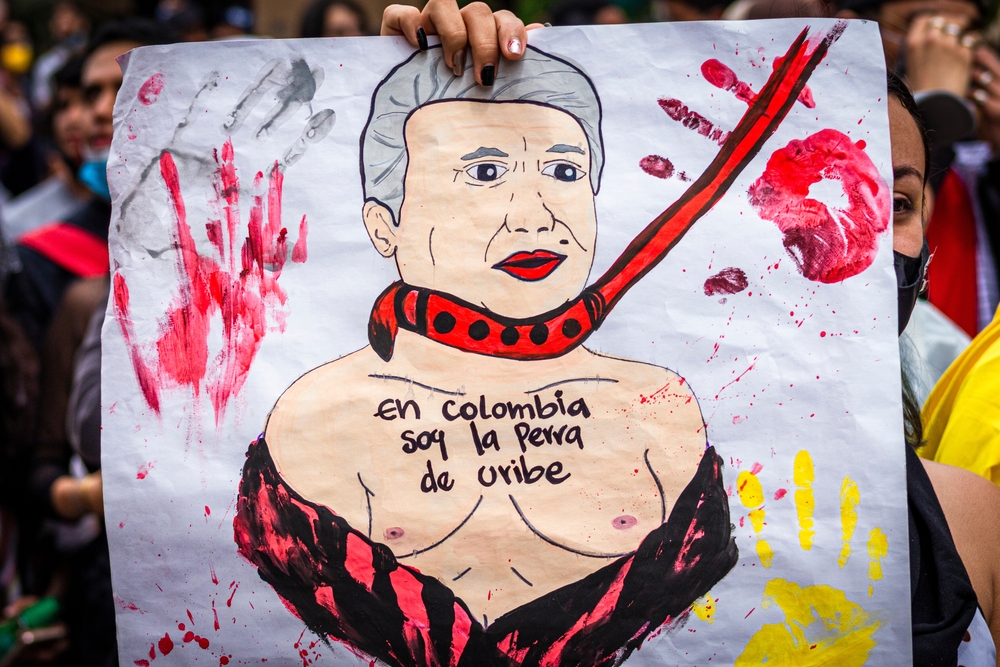The past years have not been kind to presidents in Latin America. Irrespective of ideological orientation, voters have not only reliably thrown out their leaders after one presidential term. They have also consistently refused to elect the candidates outgoing presidents had chosen as their preferred successors.
In fact, if there is one rule presidential candidates in the region have sought to follow, it is that they must not project continuity and should avoid, at all costs, the endorsement of the outgoing president.
In 2018, no one understood Brazil’s electorate better than Jair Bolsonaro, who successfully argued that he represented the greatest rupture possible with the past, which was exactly what voters were longing for.
Since then, opposition figures have triumphed across the region whenever the election was free and fair, be it in El Salvador, Panama, Guatemala, Argentina, and Uruguay in 2019; in Guyana, Suriname, and Bolivia in 2020; in Ecuador, Peru, Honduras, and Chile in 2021; and, in April this year, in Costa Rica.
The results of the recent first round of the presidential elections in Colombia and...


 Search
Search






































